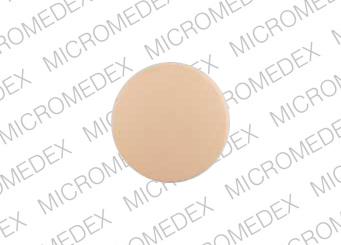
Effect of Lithium Carbonate on Low-Dose Radioiodine Therapy in Early Thyroid Cancer - Full Text View - ClinicalTrials.govThis study will determine if lithium can enhance the treatment effect of low-dose of 131I (radioactive iodine) following surgery in patients with thyroid cancer. 131I is used to destroy any thyroid tissue remaining after surgery. This is called ablation therapy. Doctors often use a high dose of the 131I (100 to 150 millicuries, or mCi) to ensure successful ablation. A lower dose, however, would minimize excess radiation exposure and possible side effects of the treatment. This study will examine the safety and effectiveness of using lithium, which has been used to enhance the effectiveness of high-dose 131I, with a single low dose (30 mCi) of 131I for thyroid ablation.On day 2 of hospitalization, patients have a whole-body scan to determine how much functional thyroid remained after surgery and to rule out spread of the cancer. For 2 days before the scan, they receive an injection of recombinant thyroid stimulating hormone (TSH), a laboratory-made drug that is almost identical to the TSH normally made by the pituitary gland. Then they swallow a capsule containing a small amount of 131I, which is used for imaging the thyroid. A special camera takes pictures of the neck after 4 hours and after 24 hours. TSH injections are repeated for 2 more days to prepare for therapy with 131I. On about day 7 of hospitalization, patients take a capsule containing low-dose 131I. Each remaining day in the hospital, patients have additional blood tests to measure the level of radioactivity and scans to evaluate the effectiveness of lithium or placebo and low-dose 131I for ablation. On the last day in the hospital, patients stop taking lithium or placebo and have a repeat scan to make sure that the ...lithium CarbonateLithium-Oral - Drug Information and Side Effects on Drug3k.
